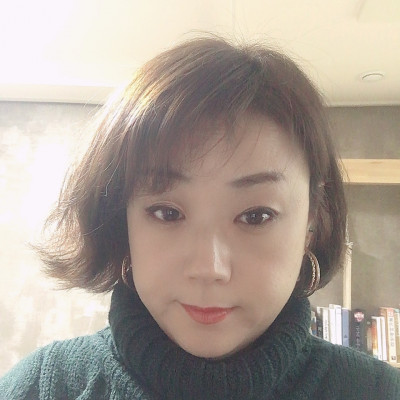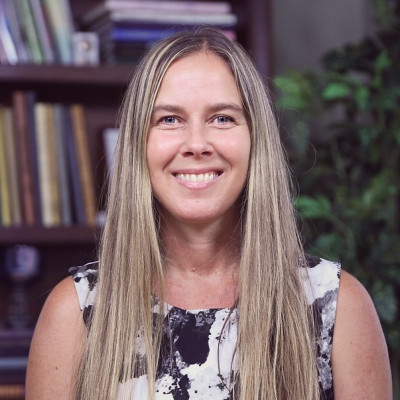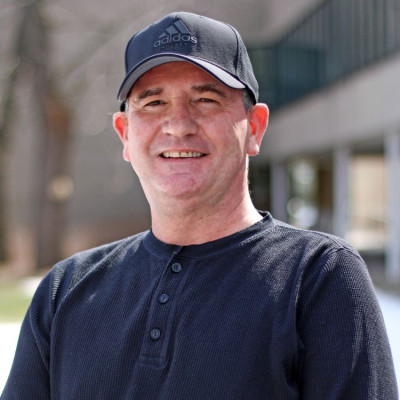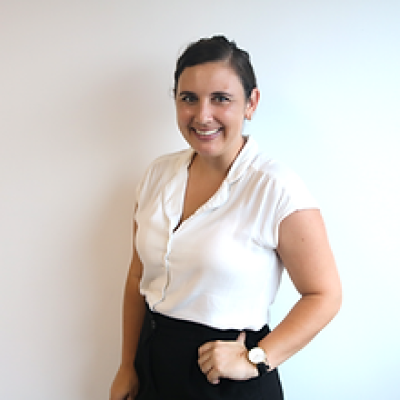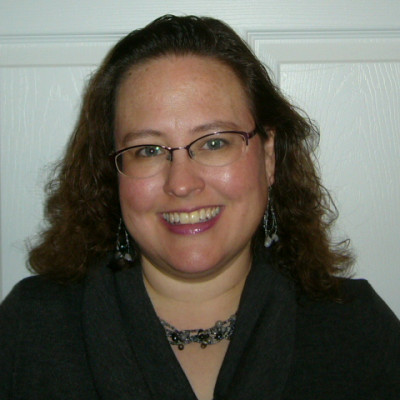Sessions / Location Name: P201
Physical Location
Location: P201
Building: Prime < Sookmyung Women's University, Seoul
Using Drawings and Metaphors to Explore Teacher Identity #3369
Invited Second Session
Knowing oneself is, undoubtedly, a crucial element in ways one interprets the nature of one’s work. In the field of teacher education and professional development, “teacher identity” has been considered as an important factor that affects how teachers make decisions in and make meaning of their profession. Teacher training and professional development should provide ways for teachers to explore their identities to address issues that tend to strengthen or hinder their teaching practice in the classroom. In order to empower teachers, this workshop will focus on how we perceive ourselves as foreign language teachers by expressing our perspectives through drawings and metaphors.
Where Is the Overlap?: Collaboration Points Between Higher Education and Education Companies #3597
English education is a burgeoning industry in South Korea. At the same time, universities around the world are working harder to empower second language learners on their quest to wield English in an increasingly connected world. These two fields of education have a pronounced influence over English learners in Korea, but where do they overlap? What can universities and education companies learn from each other? Most importantly, what opportunities exist for private English education companies and universities to work together to maximize the abilities of their respective students to take control of their education?
Companies that specialize in industry-specific English education have insights that can benefit university English programs. University English programs have insights that can benefit English education companies. This roundtable seeks to open a dialogue between academics and English education professionals about potential collaboration points that would ultimately benefit the learners.
Exploring World Englishes to Enhance Learners' Oral Skills #3361
Invited Second Session
According to Ethnologue, there are approximately 378 million people who speak English as their first language and 743 million who speak English as an additional language. These data points tell us that our learners will likely have more interactions with people who speak English as an additional language than with “native speakers.” In this session, we’ll question the categories of “native speaker” and “nonnative speaker,” reflect on the role of English globally, and discuss features of World Englishes. Next, we’ll consider the decisions we make when establishing learning outcomes, selecting materials, and designing assessments that target English oral skills. How do we address learners’ needs, goals, and expectations while raising awareness about English as a global language? How do we prepare them for high-stakes tests while acknowledging the reality of language use in the world? During this session, we’ll evaluate perspectives about standards and find ways to bring World Englishes into the classroom through thought-provoking listening and speaking activities that promote 21st-century skills, perspective-taking, and a desire to enact positive change in the world..
Operationalizing Reflective Practice for Language Teachers #3741
Update: This session has been moved to room 201.
We must enter, not evade, the tangles of teaching so we can understand them better and negotiate them with more grace, not only to guard our own spirits but also to serve our students well. This workshop invites participants on a reflective journey through the lens of the Reflective Practice Framework, which includes exploring a language teacher’s philosophy, principles, theory, practice, and critically reflecting beyond practice.
Integrating Collaboration into Reflective Teaching Practice #3496
Reflective Teaching Practice is often understood to be an individual endeavor consisting of reflecting on and evaluating teaching moments, questioning personal beliefs about teaching and learning, and using student outcomes to inform professional development. This workshop will demonstrate the usefulness of collaboration between teachers, in the form of dialogic reflection and co-planning and reflection, in the Reflective Practice cycle. Participants will practice dialogic reflection and work through the process of co-planning and reflecting, then reflect on how both can be applied to their teaching practices and contexts. Participants can expect to leave the workshop with an understanding of the importance of collaboration in the reflective process and two straightforward methods of incorporating collaboration into their own Reflective Teaching Practice.
Extensive Listening and Viewing in Listening Courses #3363
Invited Second Session
Extensive Listening and Viewing, unlike the more established extensive reading approach, is still in its infancy but has gained popularity in the last decade. Yet, many continue to mix up “extensive listening” with “extended listening” and “intensive listening,” and believe that viewing and reading should not be included in foreign/second language listening activities. A reformation is necessary to make language teachers and learners aware that improving learners’ proficiency in the target language requires more than a couple of hours of intensive listening classes. This presentation will first define extensive listening and viewing and explain why they are important. It will then show how extensive listening and viewing are integrated into intensive listening courses taught at a university’s English Department in Indonesia, making students not only more aware of what they need to listen to and the techniques they can use to suit their needs and listening style, but also more motivated and confident in performing listening activities.
Teaching English in the Digital Age 101: Learner-Driven Strategies from IDLE Research #3548
This workshop will engage participants in demonstrating and discussing the pedagogical applications of recent research globally about Informal Digital Learning of English (IDLE). Across the world, multiple recent studies have shown that youth acquire much of their English though social media and digital entertainment, with powerful results: More IDLE > higher tested levels of proficiency. How, then, can teachers take advantage of IDLE as a resource? We will present scenario-based strategies in which teachers discover and adapt their students’ use of IDLE for classroom learning. These strategies are theoretically sound and help to solve three basic challenges of classroom language teaching: finding access to authentic and compelling materials; opportunities for practice with more proficient speakers; and access to content and practice 24/7. To extend the workshop we will create a website and forum for sharing ideas with a community of teachers interested in bringing learner-driven strategies to their classrooms.
Global Collaborations to Promote Language Learning and Teacher Development #3360
Featured Session
We have never been more prepared than now to harness the power of connectivity to establish global partnerships for language teaching and learning. Over the past two years, people all over the world have come together online and through phone apps to share ideas, stories, research, and art – sometimes leading to unexpected and lasting connections. During this interactive session, we’ll share our understanding of global citizenship education and how it can foster unique opportunities for language learning, teacher development, and positive social change. We’ll explore opportunities to develop virtual exchanges that engage learners, student teachers, and teacher educators through project-based learning, with a focus on the social issues they care most about in the world. Practical ideas for implementation, complete with activities using a range of multimodal platforms, will be presented.
What does it mean to build students' confidence in a College English course? #3580
Building confidence is a popular learning objective in English language courses but it's one of those objectives that has become a cliche in many classrooms. Confidence is a psychological construct that’s hard to measure in a language course which gives it an elusive character compared to other objectives and it's connection to the methodologies we use in class is also unclear: What are the class activities that build students' confidence as ELLs? How do we do it and how do we know? The presentation will engage the attendees in a discussion about what building confidence means in the context of a Korean College English course from both conceptual and methodological perspectives. Building on the concept of English as Lingua Franca, the presentation focuses on the idea of adding legitimacy to ELLs as English speakers in their own right. The audience will also engage in an activity called Focused Listening designed to help students engage with just the essential information of listening activities that are informationally dense and sparse. Focused listening takes a strength-based approach to listening and utilizes peer social interaction as a tool for engagement and participation. The presentation will close with comments from students on what it means to build confidence as an English language learner in a college English course.
Best Practices for Facilitating Asynchronous Online Discussions #3367
Invited Second Session
The asynchronous online discussion board has been available as a tool for online instructors since the early days of online education. Even as new technological tools for online learning are developed, the discussion board remains foundational to many online classes and offers advantages to other forms of interaction. Students can become bored, though, with weekly discussion post requirements unless instructors utilize effective facilitation strategies and design discussion prompts that challenge learners to employ higher order thinking skills (i.e., to apply, analyze, evaluate, and create). Additionally, prompts should motivate learners to respond, to read what their classmates have posted, and to engage in authentic communication. In this session, participants will become acquainted with various techniques for structuring asynchronous online discussions, learn tips for facilitating these discussions, and have the opportunity to critique sample discussion prompts.
